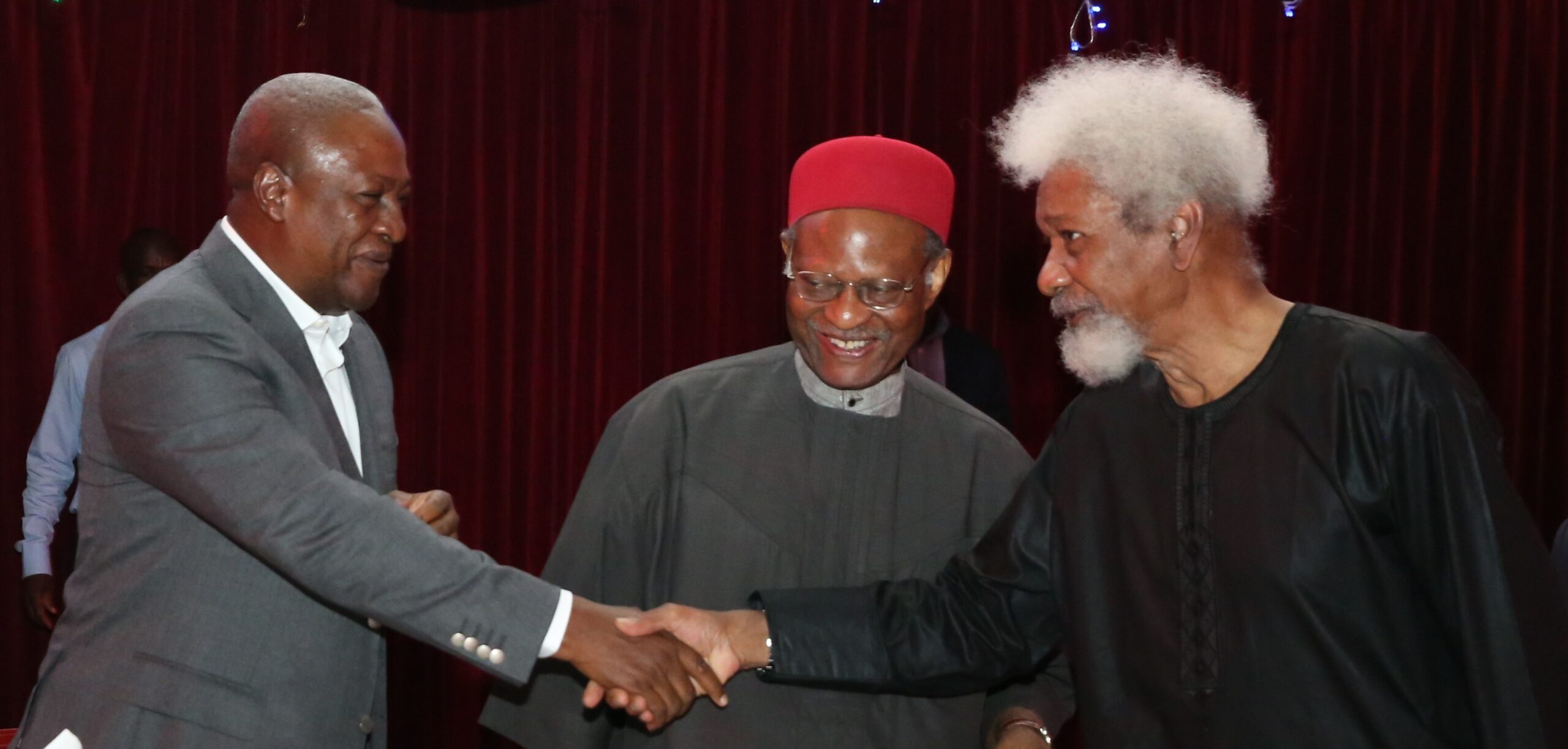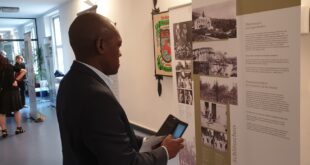Wole Soyinka, the literary giant and human rights icon, turns 90 on 13 July. Considering the gamut of his creative work as a dramatist, poet, novelist, essayist, memoirist and wordsmith, the emeritus professor of comparative literature could arguably be described as Africa’s greatest man of letters ever.
In 1986, Soyinka became the first African to receive the Nobel Prize in Literature, the world’s biggest recognition for literary excellence. It is a recognition that has been described as having a redeeming influence in a world corrupted by the racist stereotype of Black intellectual inferiority.
Apart from his brilliant literary career, Soyinka has played a very active political role in Nigeria for more than 60 years. In the relentless pursuit of his belief that “justice is the first condition of humanity”, he has come to symbolise resistance to the oppression of power and has had to suffer imprisonment and forced exile for defending human freedoms in his home country.
No wonder he is regarded as the conscience of Nigeria.
At a time when it was fashionable to heap all the blames of the African condition on the then departing colonialists, he initiated the intellectual culture of self-examination on the continent.
The staging of A Dance of the Forests, his first major play, for the Nigerian independence celebrations in 1960, set in motion a practice of relentless self-questioning of African leadership that has characterised his political activism for over six decades. He was only 26 then, but the play’s message ultimately proved prescient.
“It was to warn against the replacement of external with internal domination,” once said Soyinka to an interviewer. “It sprang from an early consciousness that we’re romanticising history when there’s a real problem of power.”
This week, we pay tribute to this colossus of letters, this dedicated fighter for “bread and justice”, this great African.
Michael Nnaji and Femi Awoniyi write about the life of Wole Soyinka as a rights activist in the service of humanity, Atim Ani on the significance of his body of literary work and Tomi Adeaga on African literature since Soyinka received the Nobel.
Femi Awoniyi
Understanding Wole Soyinka’s Work
 THE AFRICAN COURIER. Reporting Africa and its Diaspora! The African Courier is an international magazine published in Germany to report on Africa and the Diaspora African experience. The first issue of the bimonthly magazine appeared on the newsstands on 15 February 1998. The African Courier is a communication forum for European-African political, economic and cultural exchanges, and a voice for Africa in Europe.
THE AFRICAN COURIER. Reporting Africa and its Diaspora! The African Courier is an international magazine published in Germany to report on Africa and the Diaspora African experience. The first issue of the bimonthly magazine appeared on the newsstands on 15 February 1998. The African Courier is a communication forum for European-African political, economic and cultural exchanges, and a voice for Africa in Europe.

































